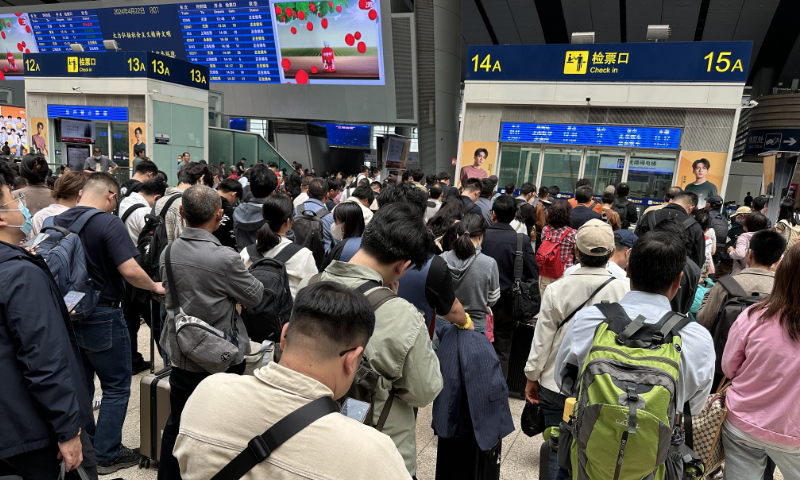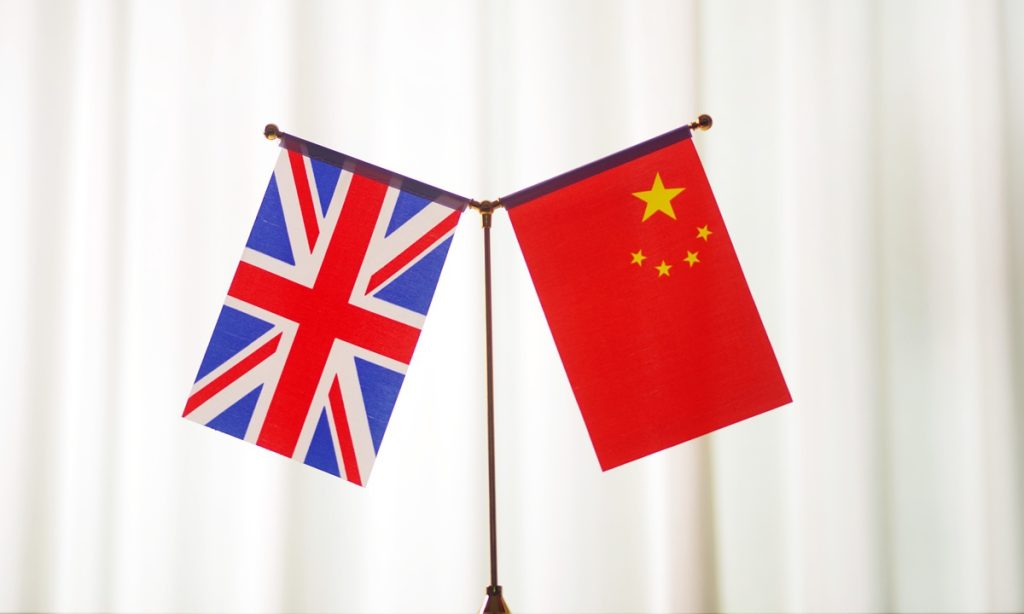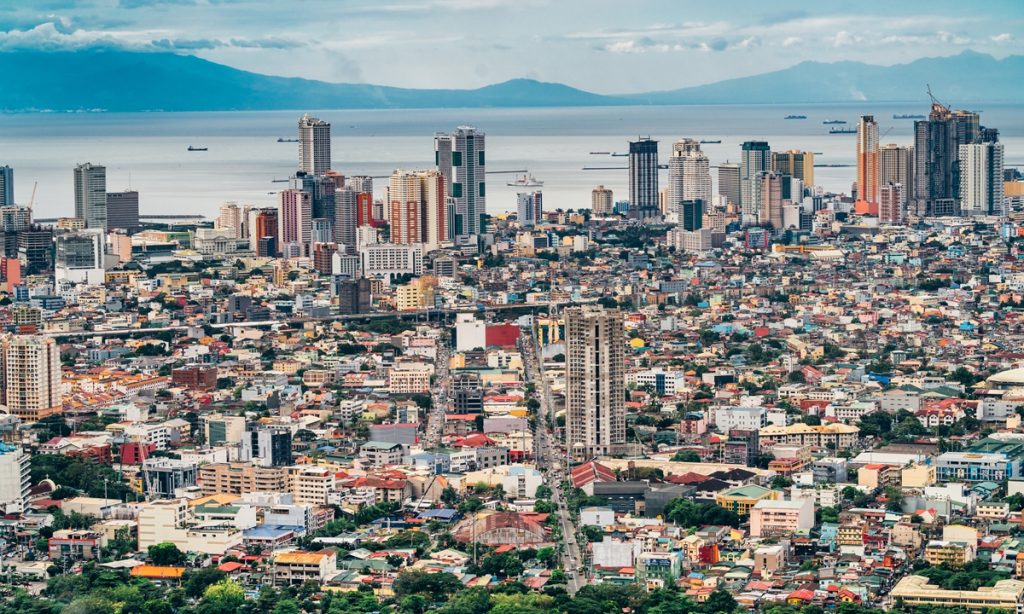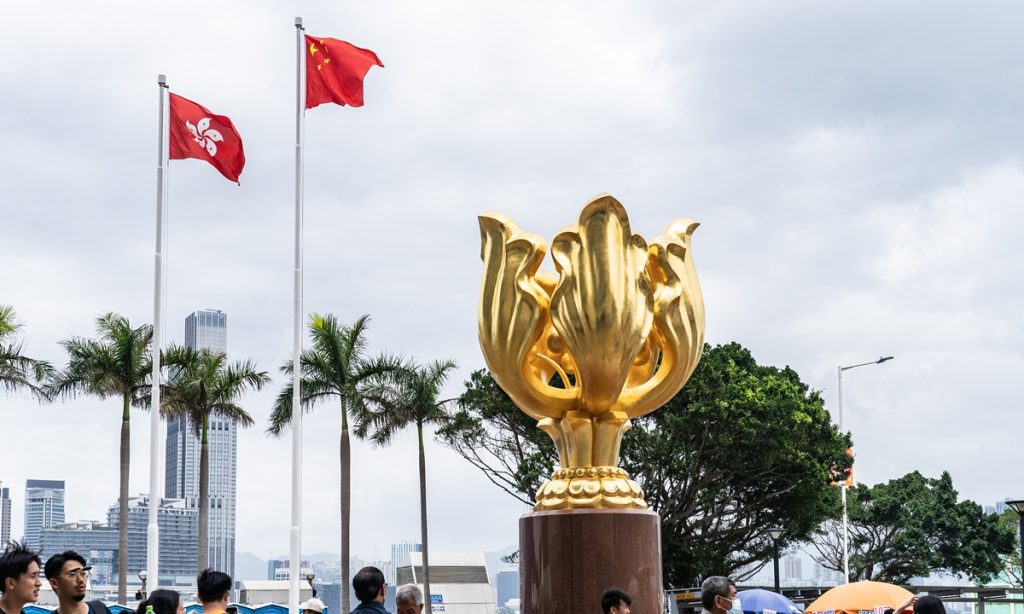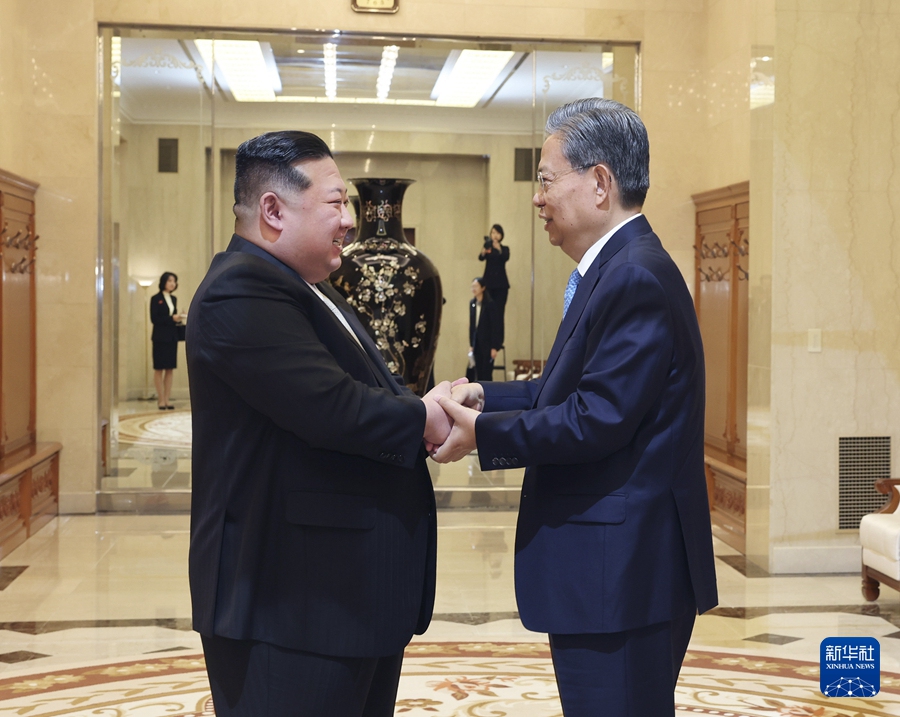GT Voice: Probe of China’s shipyards sign of American peers’ bleak future
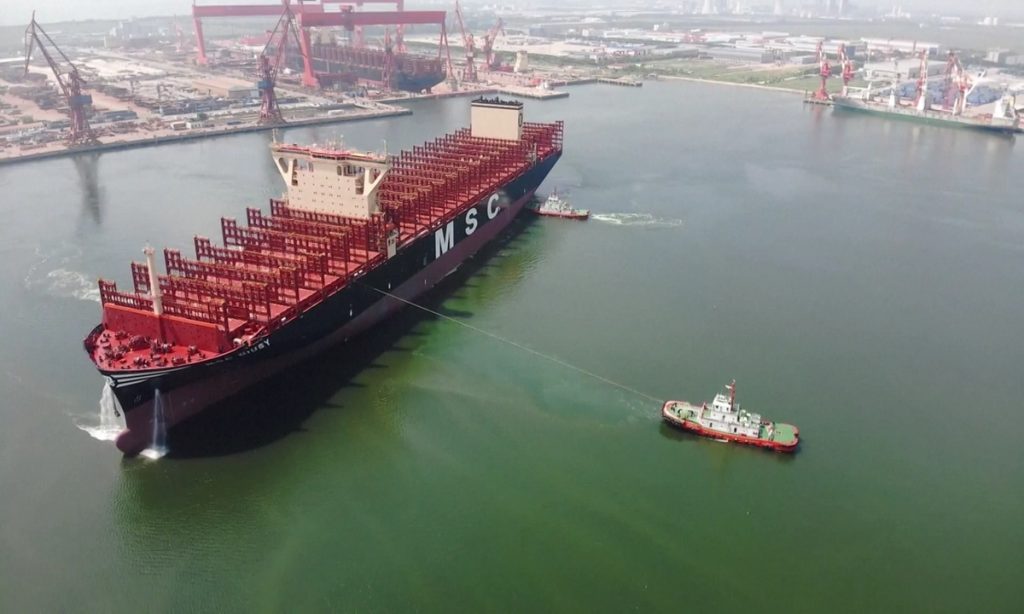
The Biden administration seems to see cracking down on the Chinese shipbuilding industry as a panacea for struggling shipyards in the US. However, isn't the idea of forcing China to take the medicine for what ails the US merely further evidence of the bleak future of the American shipbuilding sector?
A Sunday report by the Financial Times, citing industry insiders, said that the US investigation into the Chinese maritime, logistics and shipbuilding industries, which could lead to duties for Chinese-built ships calling at US ports, may help shipyards in South Korea and Japan, but will probably do little to boost US shipyards.
Professionals in the shipbuilding and maritime industries could easily see the absurdity of the US fantasy to revive its dormant shipyards by attempting to suppress China. Even if the US were to cause Chinese shipyards to lose orders through port charges, it would not benefit the struggling US shipbuilding industry. Instead, it would only lead to higher maritime trade costs for the US.
The fact that even American shipowners are reluctant to place orders at home is sufficient evidence to indicate the lack of competitiveness of the industry. For nearly 100 years, a federal law known as the Jones Act has restricted water transportation of cargo between US ports to ships that are built by American shipyards.
According to Clarksons Research, American shipowners own about 3,000 Jones Act vessels, with an average age of 23.7 years, compared with the global fleet average of 12.7 years.
Due to high costs, American shipowners have been slow to update their fleets, with more than half of the vessels being more than 25 years old, and 700 vessels even being more than 50 years old.
Against this backdrop, instead of trying to improve its industrial competitiveness, the US is trying to contain China's manufacturing, a typical display of its hegemonic mindset.
But the decline of the American shipbuilding industry cannot be reversed through protectionism or repression of others. The rise of China's shipbuilding industry is an indisputable fact, which has been verified by the market. In 2023, China's shipbuilding output climbed 11.8 percent year-on-year, accounting for 50.2 percent of the world's total, while new orders surged 56.4 percent, taking up 66.6 percent of the world's total, according to data from the Ministry of Industry and Information Technology.
By comparison, US commercial shipbuilding capacity is only 0.13 percent of the global total, according to the US Naval Institute.
It is regrettable that the success of China's shipbuilding industry may have pricked some sensitive nerves in the US, leading to the accusation about China's "unfair, non-market policies and practices."
While there is nothing we can do about reviving the US shipbuilding industry, the fact that the decline has lasted for several decades may help relax the nerves of some people. How much worse could it be?
Let's clarify a few more facts. The decline of America's shipbuilding industry began in the 1980s, when American shipyards became dependent on government orders as the Reagan administration ended the commercial shipbuilding subsidy program in 1981. The 1980s saw the US shipbuilding industry shed 40,000 jobs, with the collapse of the commercial sector, according to Marine Link.
After that, Japan and South Korea dominated the global shipbuilding market for many years. It was not until 2010 that China's shipbuilding sector became a rising star in the global market.
Is blaming China a tactic the shipbuilding industry uses to get government support? Don't industry players know how obsessed politicians in Washington are with the new topic of suppressing Chinese manufacturing and how evasive these people are about solving real industry problems?
This distorted attitude, which persists from the government to the industry, is perhaps the root cause of the downfall of the American shipbuilding sector. No one is willing to confront the real problems and find solutions, leading to an inevitable and self-inflicted decline in the industry.
Let's see if the US strategy of blaming China can revitalize the industry. However, it is highly likely that this will negatively affect the US shipping industry. Ultimately, the key to treating an illness lies in finding the right remedy, not in paranoia and blaming others.


